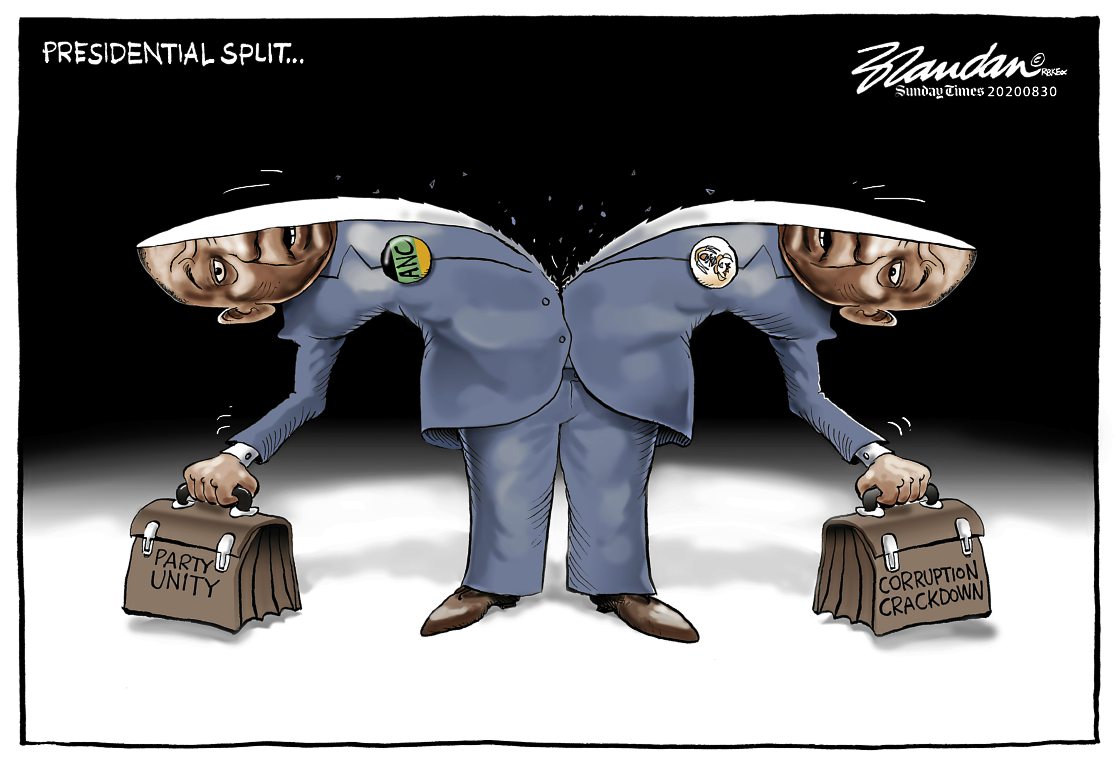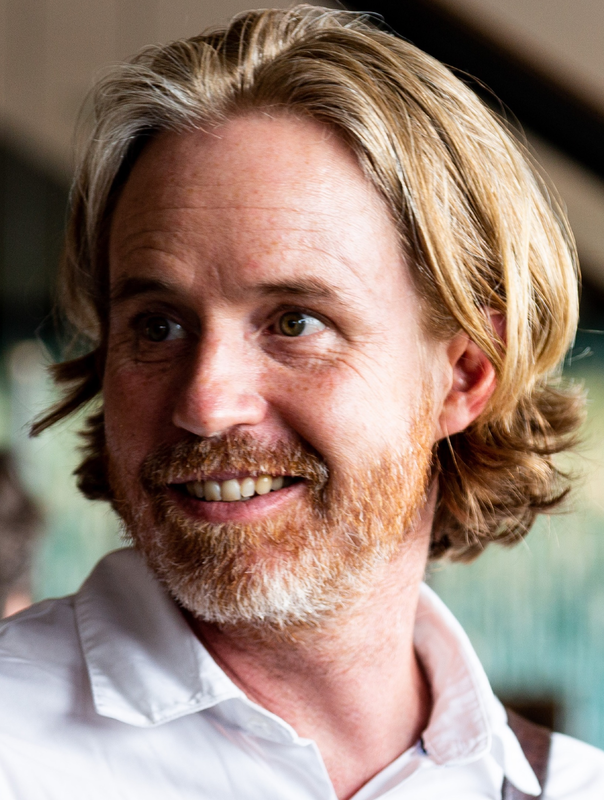|
This photo was taken 10 minutes before I got a puncture in the back tyre. I had just bought the bike in Riversdale and was on my way back to Pretoria. Suddenly the bike started to move under me as if I was riding through thick sand, which I wasn't. When I stopped to check and saw that the tyre was flat, I knew: everything has just changed. There was no way I was going to go all the way to Loxton as planned - depending on how quickly I could fix the tyre, of course.
0 Comments
These class notes may be valuable to anyone responsible for leading complex project teams. The notes form part of the module "Project Organisation" that I teach to Masters of Project Management (MPM) students in the Engineering Faculty at the University of Pretoria. The module looks at the unconscious dynamics affecting project teams as systems within a wider systemic context.  Photo by Jo Van de Kerkhove on Unsplash Photo by Jo Van de Kerkhove on Unsplash There is only one way in which one can understand anything about the teams you are part of, and that is to acknowledge that your team, like all other human systems (families, businesses, governments), is imperfect.
These class notes may be valuable to anyone responsible for leading complex project teams. The notes form part of the module "Project Organisation" that I teach to Masters of Project Management (MPM) students in the Engineering Faculty at the University of Pretoria. The module looks at the unconscious dynamics affecting project teams as systems within a wider systemic context. Introduction to Module
Managing projects is complex and requires a high degree of competence in a variety of disciplines. Although the project manager may not need to be an expert in any of the disciplines composing 'project management', he or she has to be good enough in each of them, plus be an expert in putting it all together. James Krantz* writes beautifully how important it is for leaders to have the courage to betray personal relationships and expectations when required. If you are the one in charge, you will sometimes have to make decisions that will upset some of your closest allies in order to do what is best for the team, business or country that you are leading. President Ramaphosa has started this process, but it is clear that it will not get any easier as the realisation sets in that corruption is systemic - meaning that it is impossible to root it out by only focusing on the individuals that get caught out.
A trend that I see emerging is that companies are increasingly introducing well-intended initiatives to encourage managers and staff to take care of themselves during these plagued times.
Of course, people should take breaks, manage their work/home boundaries, exercise, eat healthily, not drink too much alcohol and seek out professional counseling when their depression or anxiety is edging out of control. However, putting too much emphasis on self-care can be harmful if this is not mirrored by the organisation's own introspection and re-alignment. The only way in which we can really make sense of our teams and organisations is to view them as imperfect human systems. Not only are our current teams and organisations imperfect, but we all come from a history of belonging to and being formed by imperfect human systems.
By acknowledging this to ourselves and each other, we can stop pretending to be the perfect team or company. This means we can start becoming curious about the ways in which we are contributing to the imperfections, rather than being defensive and trying to blame others for things that go wrong. |
This blogThis blog serves as a journal of thoughts, reflections, opinions, case discussions and lecture notes that I have created as part of my work with clients, students and colleagues. Plus some stories of journeys to faraway places. Categories
All
AuthorRead more about me here. Contact me: [email protected] Archives
March 2025
|
Copyright Dr. Jean Henry Cooper
Contact me: [email protected]






 RSS Feed
RSS Feed
